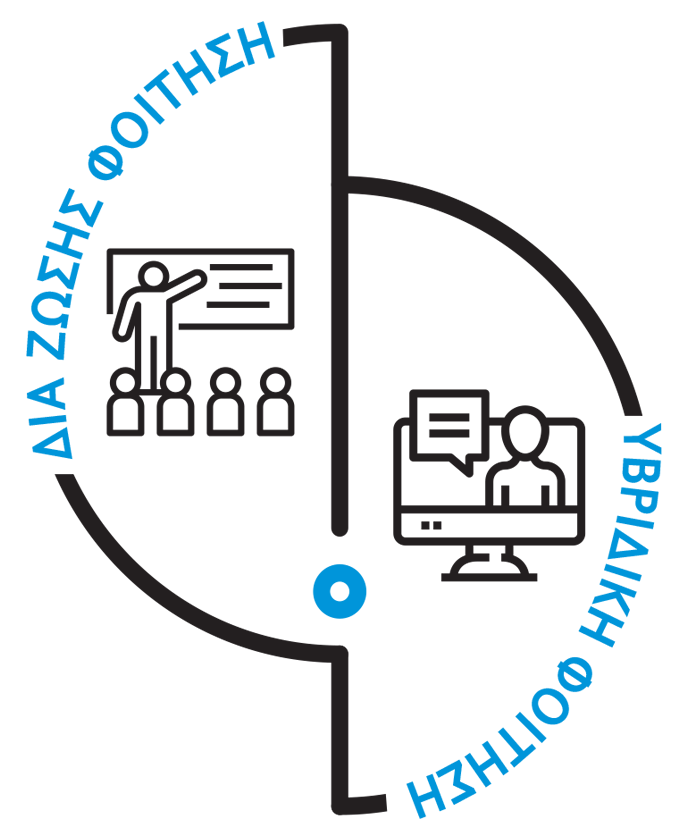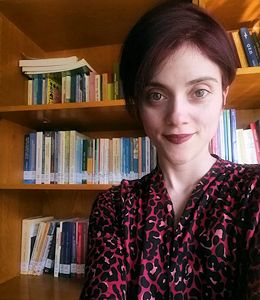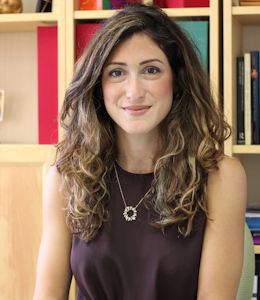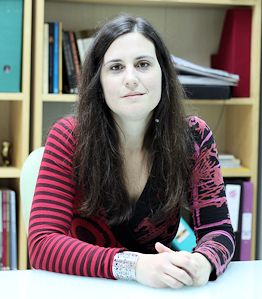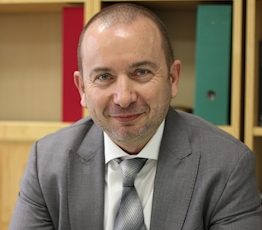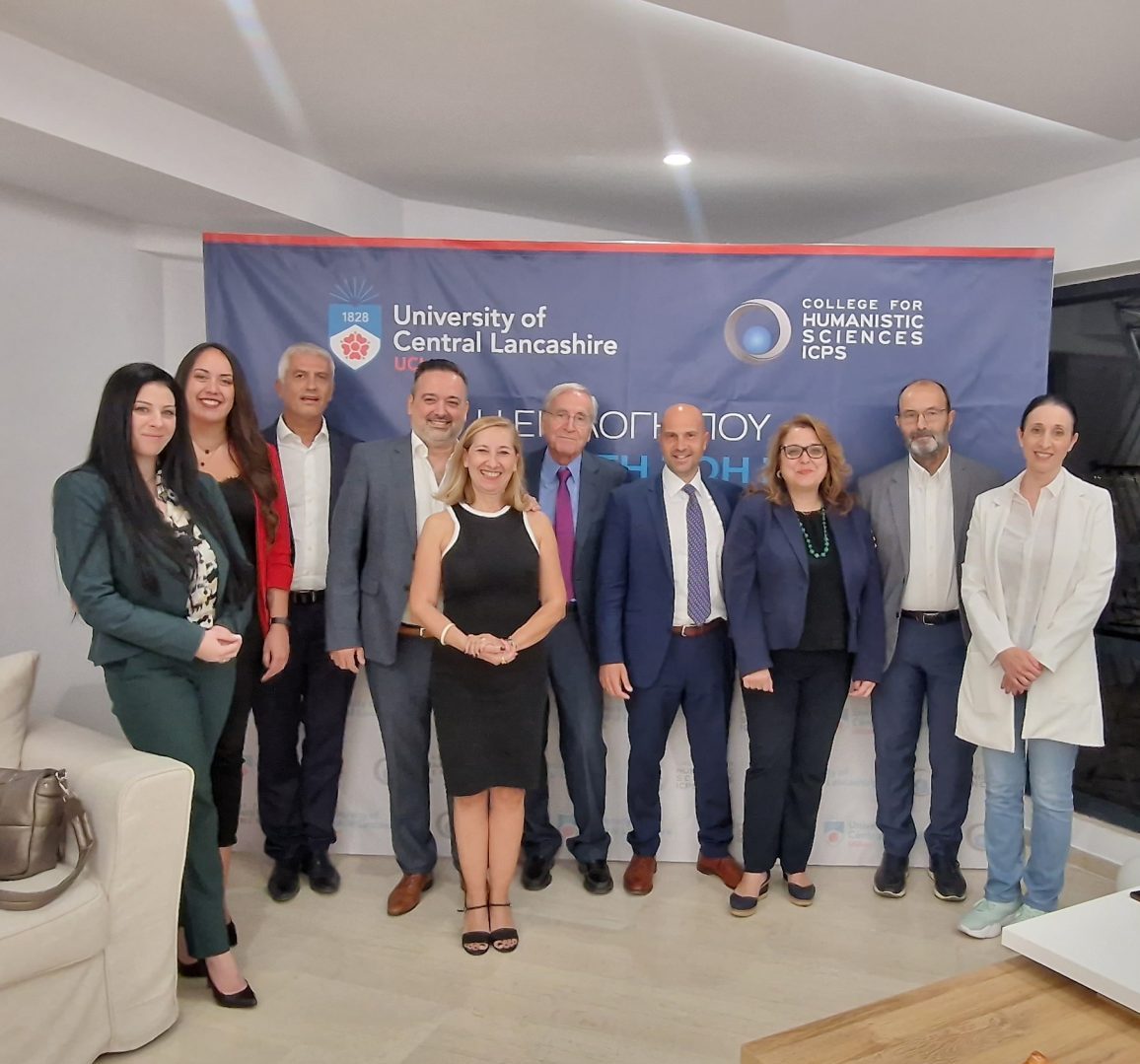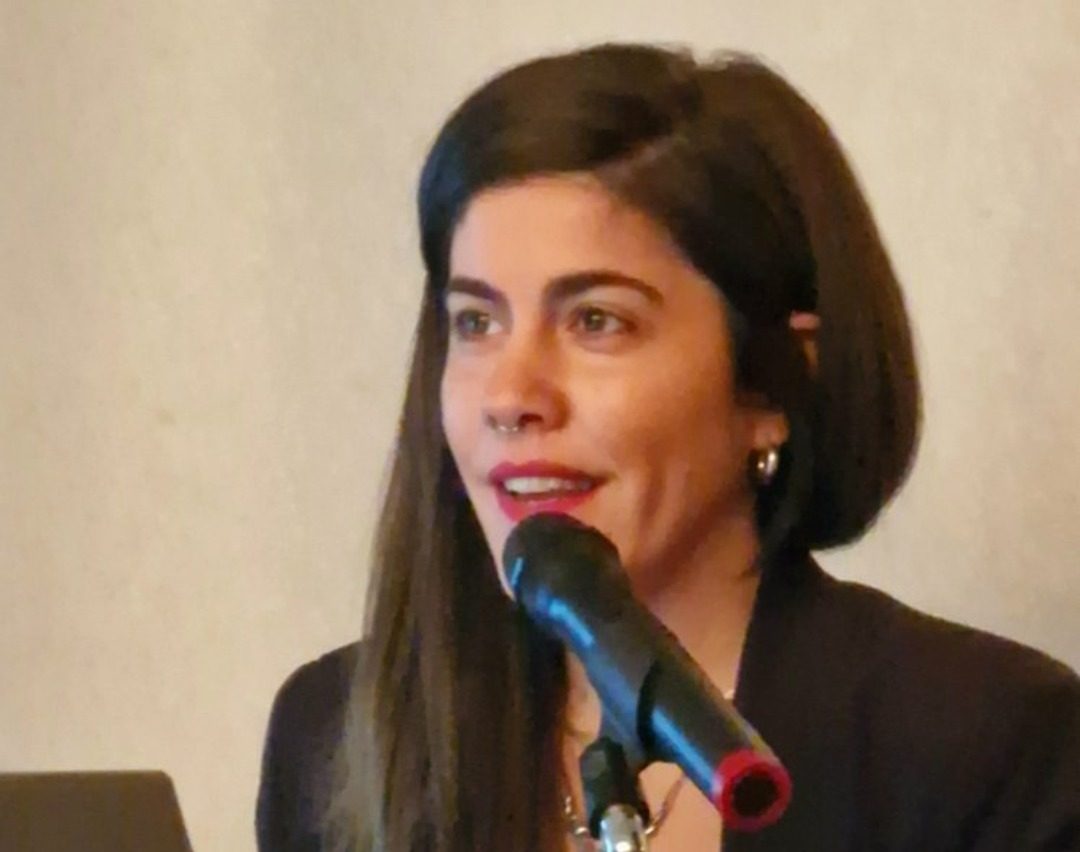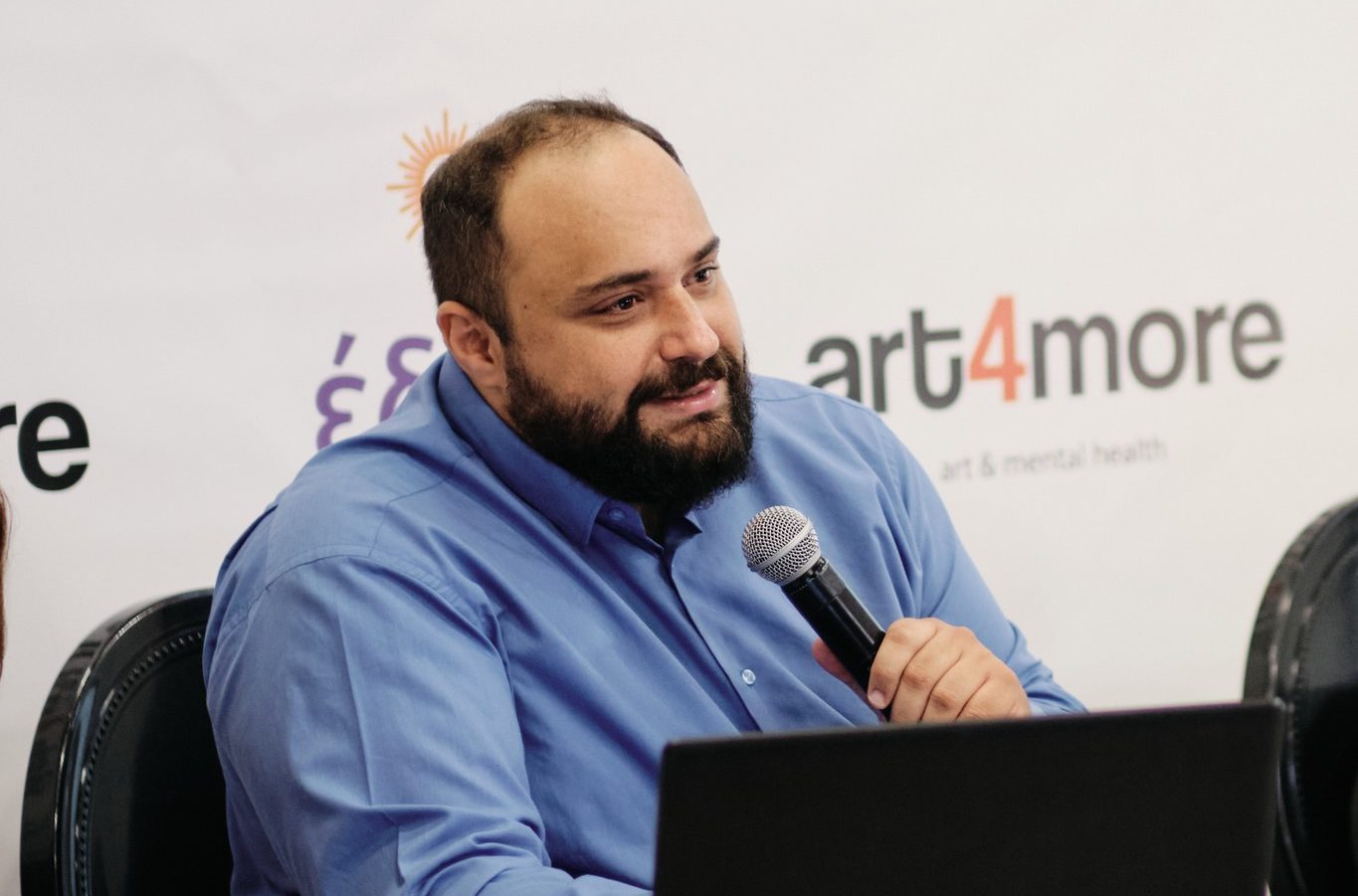We offer the Master at Psychology (Conversion) in cooperation with the University of Central Lancashire, the great international public university of the North of England. It is the first MPA established in this field in Greece.
Master of Psychology
The Master’s degree in Psychology, is recognised by the Autonomous Department for the Implementation of European Legislation (ATEEN). At the same time, it grants the Graduate Basis for Chartership from the British Psychological Society (BPS).
We have designed the Master in Psychology to encapsulates the essence of an undergraduate in Psychology, but upgraded to Postgraduate level studies. It is therefore about intensive training the principles, theories and specializations of Psychology, the development of skills and the acquisition of all the knowledge required for the continuation of studies in BPS accredited postgraduate specialization programs (e.g. psychotherapy, child psychology, clinical psychology, etc.).
The programme is practical, designed specifically for adults and professionals. We develop cutting-edge knowledge and skills through case studies, simulations, experiential exercises, group work, lectures, etc.
Among other things it covers:
- Him core knowledge in psychology, such as its sectors/specialisations. Also the skills core as defined by the British Psychological Association (e.g. Social, Developmental, Biological and Cognitive Psychology, Research and Methodology, and Individual Differences) (part one).
- Training in sought-after specialities such as Forensic Psychology and Health Psychology (part two).
- Secured practical training, at least 100 hours, in private and public sector organisations, in accordance with the provisions of the legislation (Law 4763/2020, Law 5006/2022) (part three).
- The design and implementation of a research degree that will tailor the study of psychology to the student’s area of interest.
- Ninety (90) ECTS (18 months normal duration). We offer the programme in an intensive 12-month format or in a part-time 24-month format.
- Academic assessment: Variety of methods including assignments, presentations, exams, self-evaluation and personal development reports, reports, etc.
Registration Criteria:
- University degree in a discipline other than psychology.
- Good knowledge of English for the study of literature. The programme is available in Greek
- Two years of work experience is desirable, but not essential.
- Assessment of study intention by a Study Advisor.
- Successful Academic Interview.







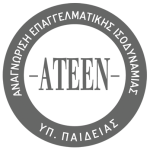

 To Master Ψυχολογίας στο ICPS περιλαμβάνει το κορυφαίο πρόγραμμα προσωπικής και επαγγελματικής ανάπτυξης, Career Success Navigator©
To Master Ψυχολογίας στο ICPS περιλαμβάνει το κορυφαίο πρόγραμμα προσωπικής και επαγγελματικής ανάπτυξης, Career Success Navigator©